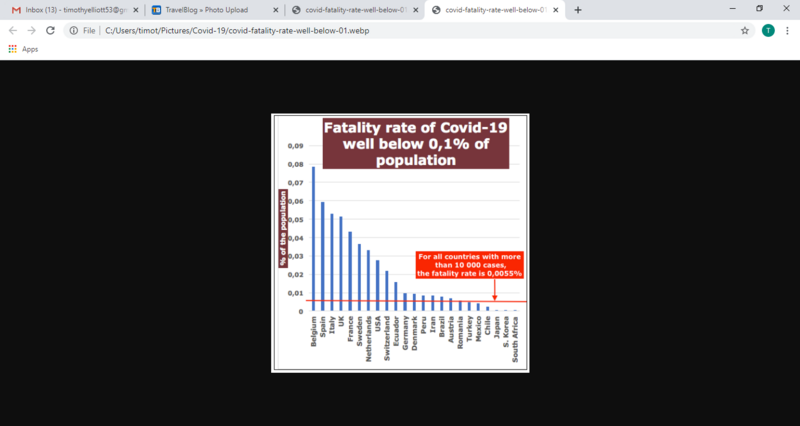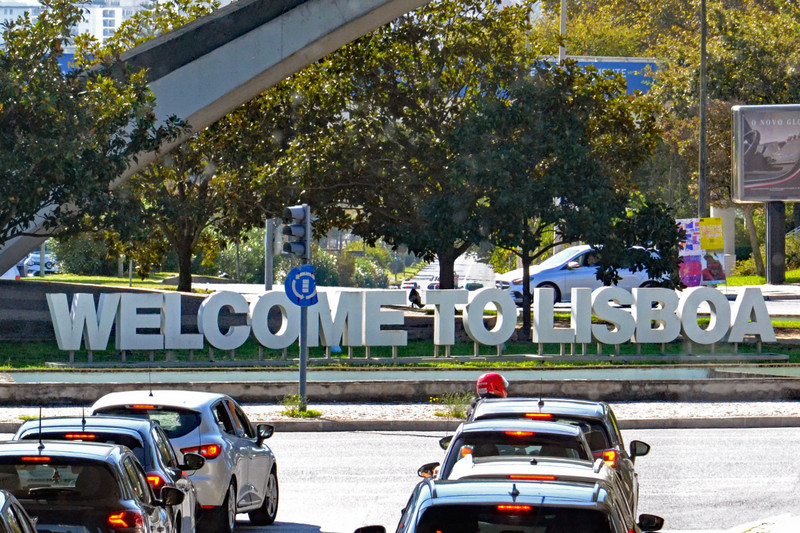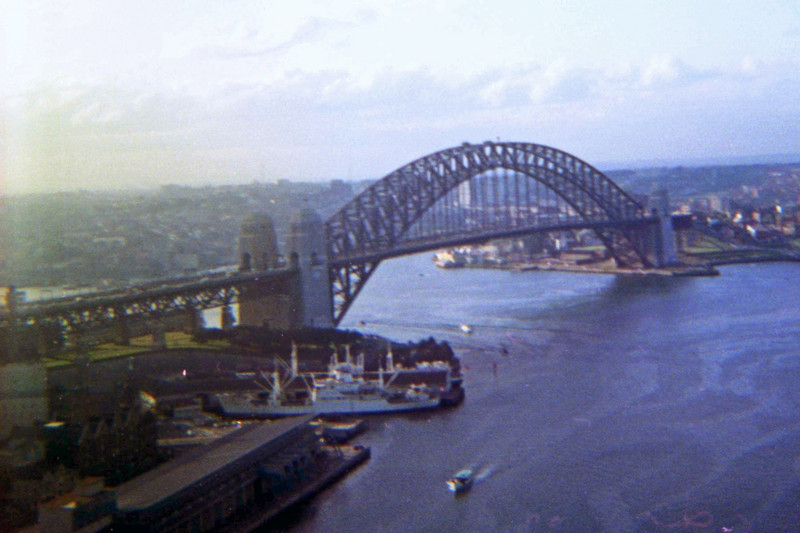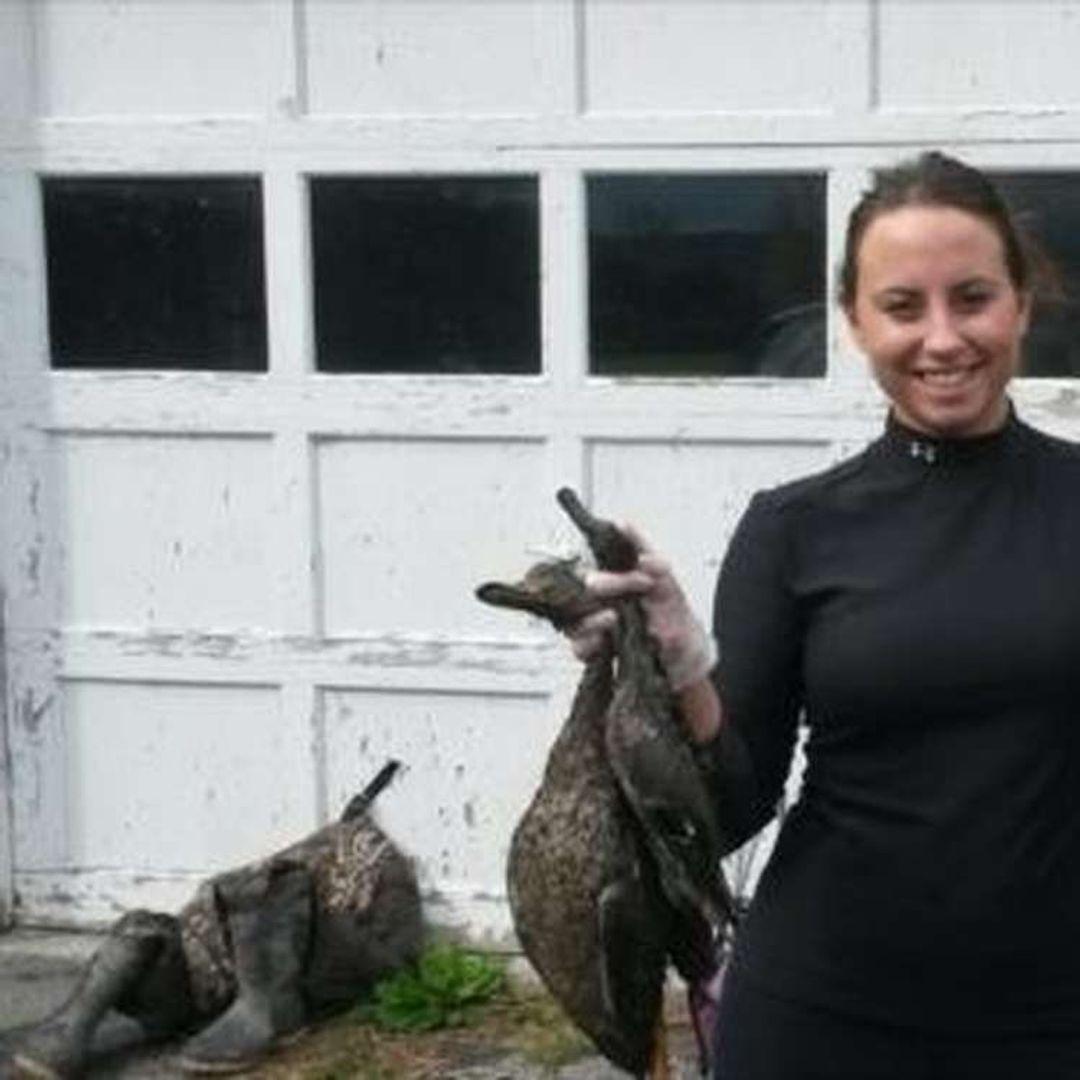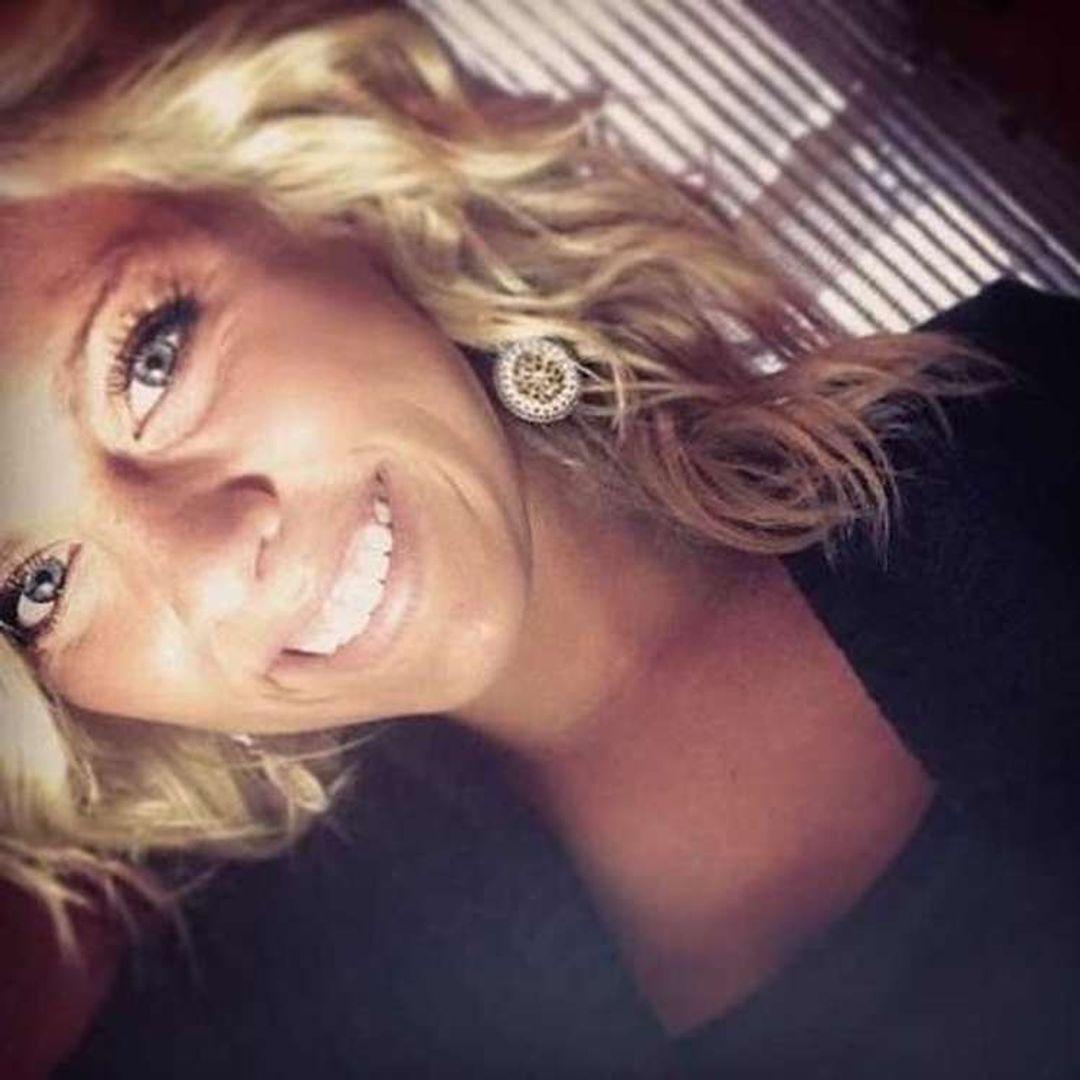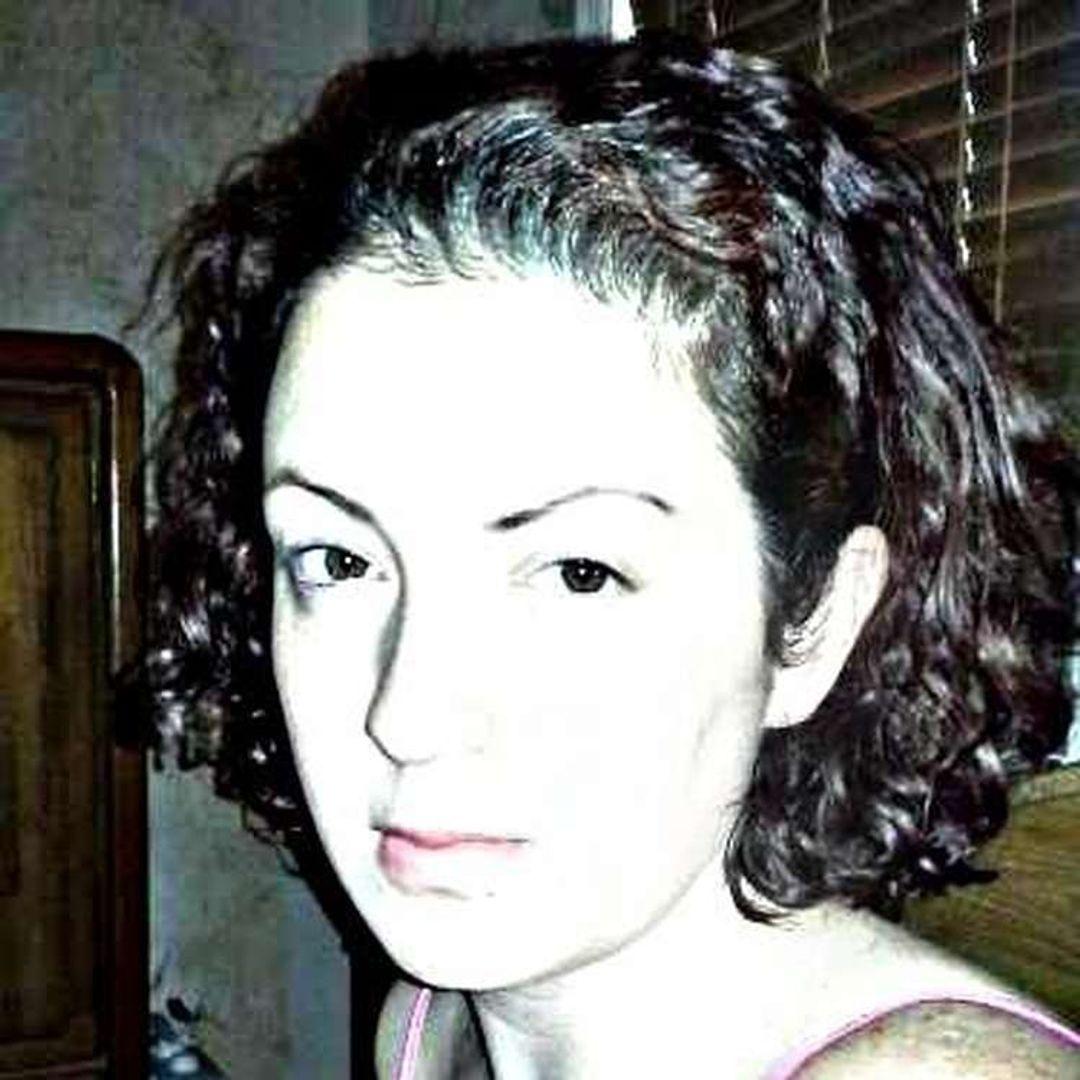If one corrects a mistake doing the right thing, things better. If one corrects a mistake doing the wrong thing, things wronger. It is better to do the right thing wrong than doing the wrong thing right – Russell Ackhoffs (born 1920, he was a pioneer in the field of operations research, systems thinking and management science).
Here we are into month eight of the pandemic, not forgetting it reared its ugly little head in Wuhan, China in November 2019. Ironically, we know as much about this virus today as was the case then. Very little! There is no vaccine and no cure yet despite the very best brains and pharmaceutical giants literally throwing the medical science laboratory and bank vault at the problem. Why does it not seem to affect young people under the age of Why have the dramatic early projections on infections and deaths not materialised? What purpose is served by the huge testing process other than to invoke contact tracing and subsequent isolation when a person is found to be infected? The number of people tested globally is a fraction of the total infectable population. South Africa, by way of
example, has conducted 920,064 tests to date out of a population of 55 million with 45,973 confirmed cases of infection. What does this prove? More than 50 percent have recovered and many of the remainder are likely recovering. What will never be known is; how many untested people have contracted the virus, experienced mild or no symptoms and then recovered? Lots of questions, few answers.
Lets imagine for a second that five years hence one is sitting around a camp fire, under a brilliant star lit African sky. Ideally one would be soaking up the moment, listening to the night sounds and reflecting on another wonderful day in the African bush. And then, gazing into the mesmerising flames of the fire, someone says: Geez, what happened to the World five years ago with that coronavirus thing? There would be a flood of different thoughts and emotions swirling in the minds of those sitting there but, assuming I was confronted with this question, I would narrow it down to a few key words. Firstly, fear, panic and confusion, would sum up the human emotions many would have experienced and those three words underpinned so much of what happened once the
virus made its threatening presence known. Secondly, politicians, medical and scientific experts and the media, became the key role players in determining the bewildering, frenzied cocktail of decisions and events that unfolded and reshaped the World as we knew it. In no time, we not only had a pandemic but added an econodemic and infodemic as well.
This may appear too simplistic a bush camp fire summary of that event five years ago and there is little merit in dwelling on politicians, who fuelled by panic and the rampaging media, made some incredible mistakes. Just maybe by the time of that campfire moment, many countries across the globe would have had massive post enquiries into the manner in which their respective Governments handled or mishandled what they imposed on their citizens and the resultant carnage way beyond the direct virus impact. Will we have seen Governments being ousted out of power and widespread reshaping of the political landscape?
The media frenzy needs attention as it has led to a crisis of massive misinformation. Ignoring social media for the moment, it is the mainstream media in print, radio, television, documentary and video form which has created this epic
infodemic. Consider the following statistics based on irrefutable analysis. The total mentions in the media of recent virus pandemics reveals; HIV 69.5 million, SARS 66.3 million, MERS 33.1 million, Ebola 16.2 million and wait for it, 2.1 billion in just eight months!
Context and perspective are always necessary when confronting raw numbers. In America, since September 2019, 36 million people were infected by influenza with roughly 22,000 dying.
